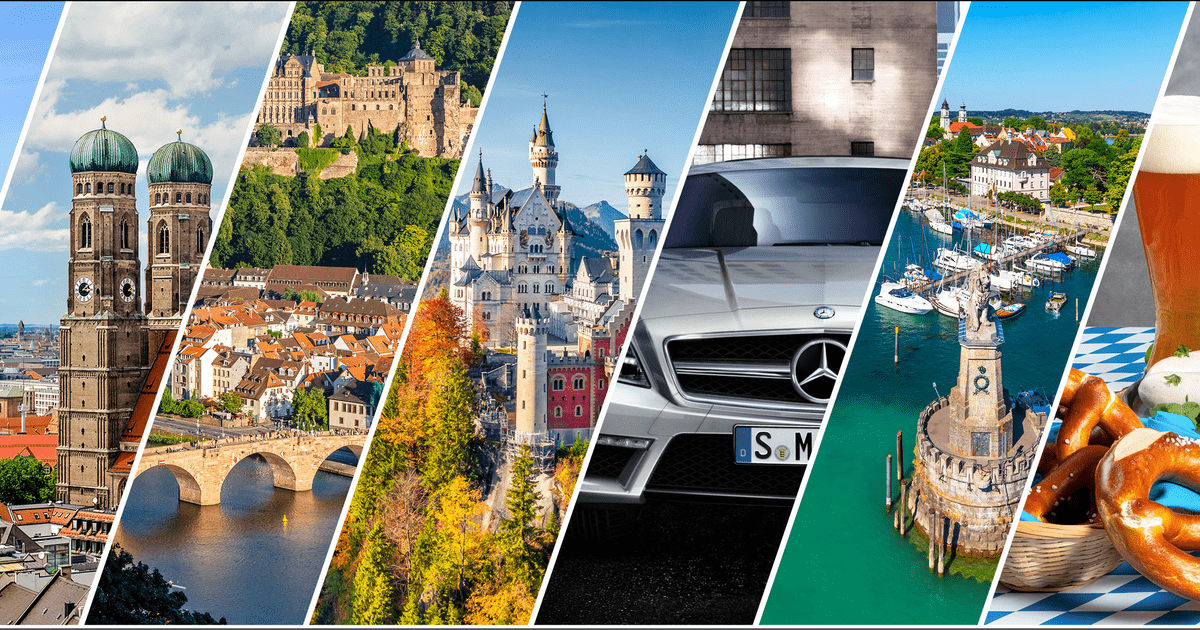Frühere Suchanfragen
Suchoptionen
@slothrop @cstross I like to remember that the first two republics ended before their second parliamentary session, by being turned into dictatorships (or as they were called then, imperial monarchies) by their elected rulers. The first one to make it to a second electoral cycle was number three, and if we use that as a definition, France only successfully turned itself into a republic in 1874, after almost a century of intermittent civil and international wars.
@slothrop @cstross By "parliamentary session" I mean one electoral cycle as set out in the constitution. The first republic was such a mess I won't bother with the details, but since its actual 1793 constitution was never actually in force due to the state of war the country was in, and that it was mostly made up of periods of state terror, coups and ruling councils formed by military leaders (the last of which was Napoleon Bonaparte, who crowned himself emperor), you could call that stillborn.
@slothrop @cstross the second was the one where they elected (universal male suffrage, first time! Yay!) Louis Napoléon Bonaparte president in 1848, straight away. He had the good grace to wait out most of his allowed term to then have a coup+referendum to be declared emperor in 1851.
The Third Republic then managed to last from 1871-1940, over several electoral cycles and mostly peaceful changes of government, with most of the political discourse by then not being anti-republican in some way.
@slothrop @cstross That then ended after defeat in war and by handing power to a decrepit but popular WWI general, allowing him to write his own constitution. The Nazi-aligned satrapy that emerged lasted until 1944. The attempted reboot of #3 as #4 failed within 14 years in '58, but they still had plenty of elections and gov'ts lasting weeks to months. Then they called in an ageing but popular WWII general to write himself a new constitution, which is the one we're still on now.

